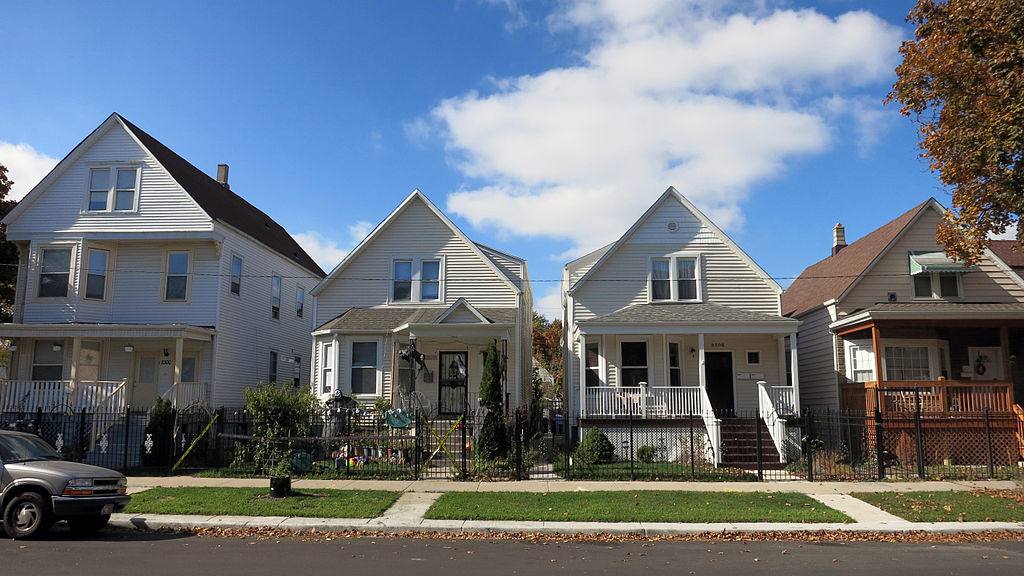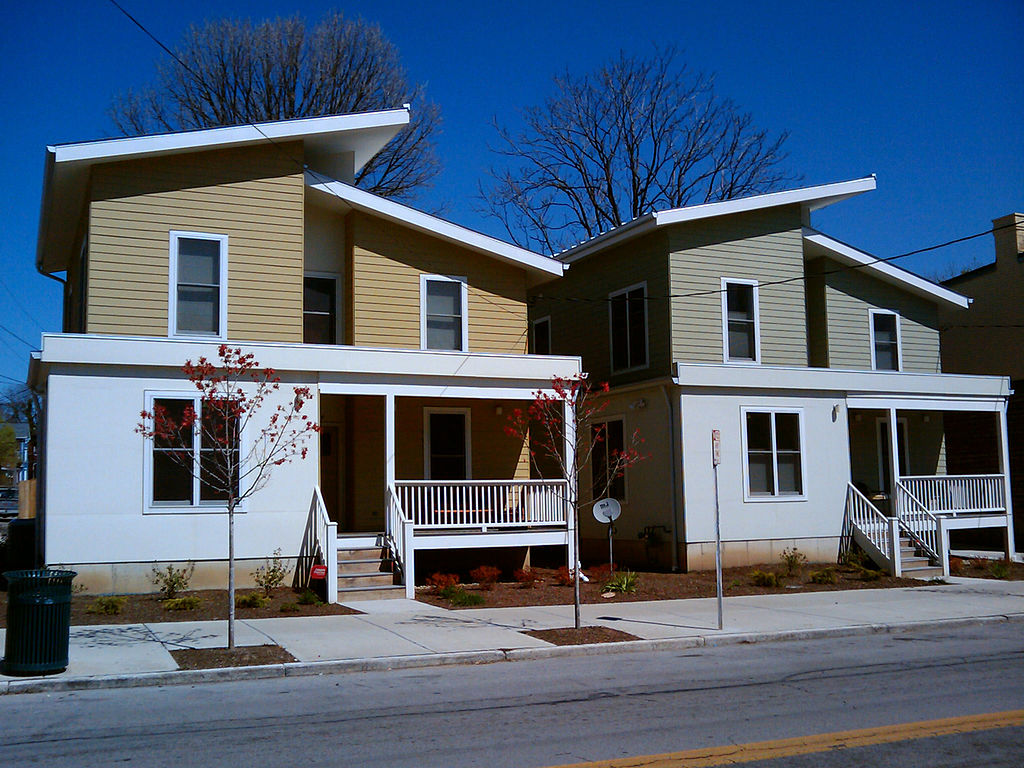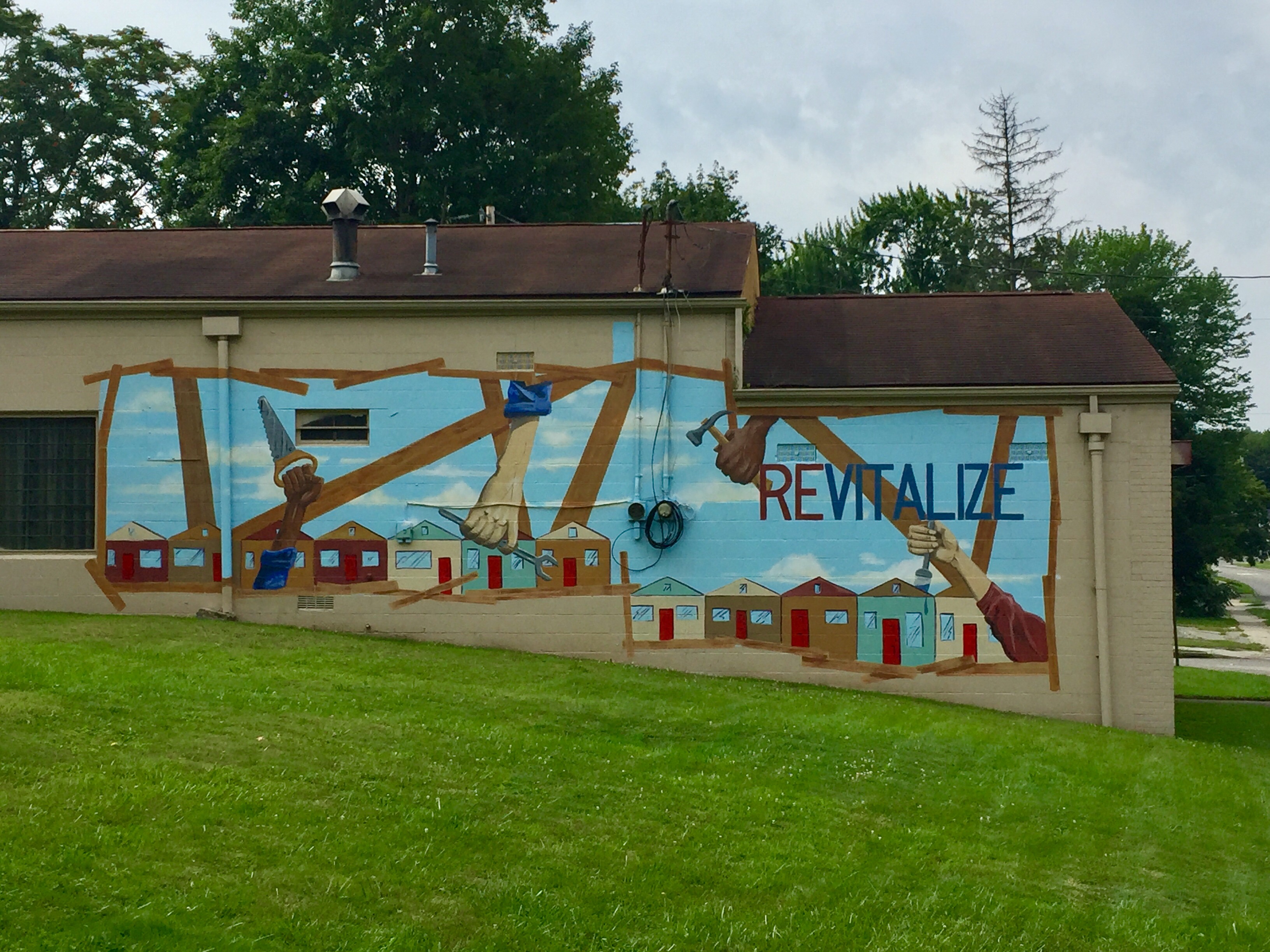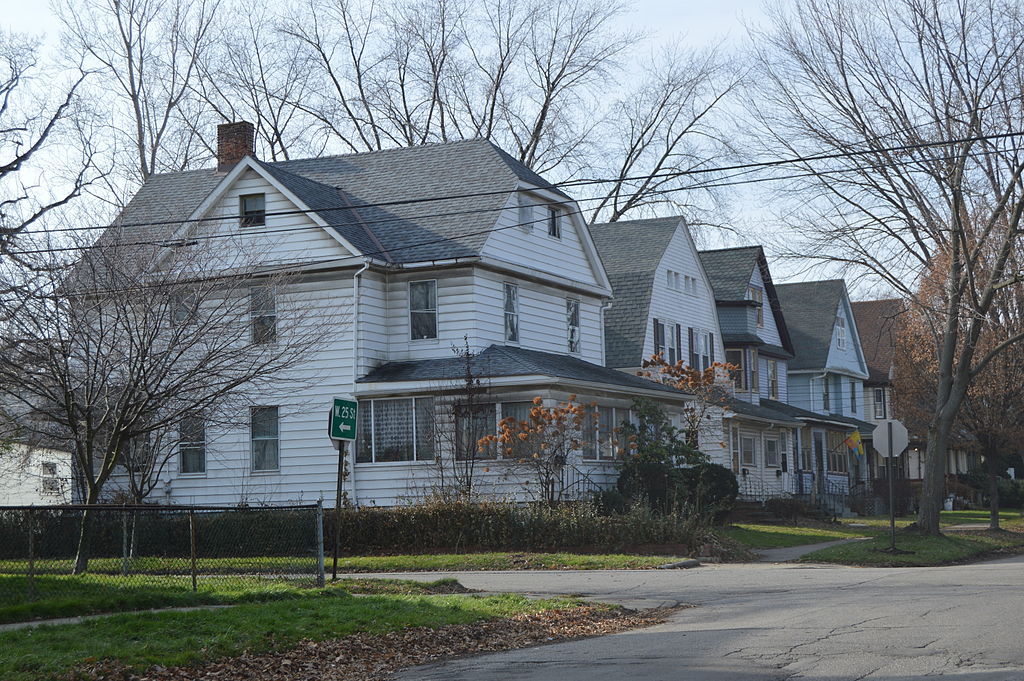
Employer-assisted housing programs provide financial assistance to employees to rent or purchase a home near their job, helping employers attract and retain high-quality employees.
Housing costs are one of the largest monthly expenses for many households. Many jobs are located in higher cost areas of a community, putting an even greater strain on household finances if employees live near their work.








